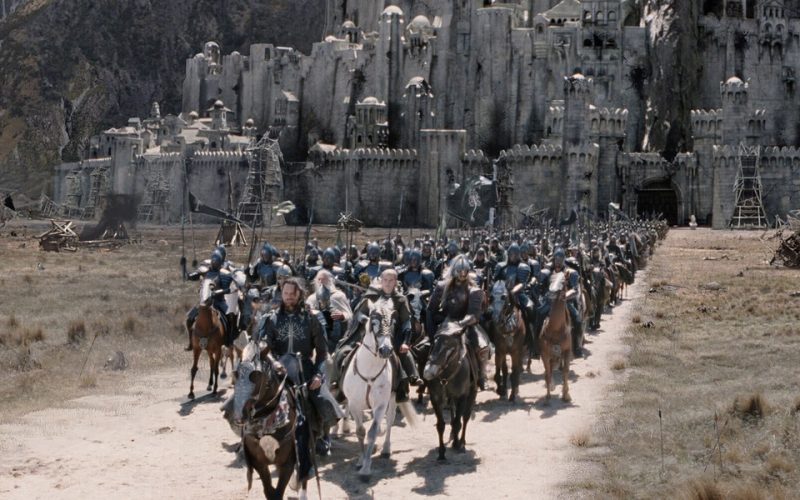The Lord of the Rings: The Return of the King (2003).
It All Ends Here.
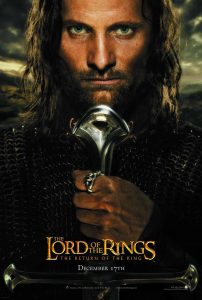 Our Lord of the Rings review-a-thon concludes with the third and most successful of Peter Jackson’s trilogy, The Return of the King. Released in December 2003 to huge box office success, netting over $1.1 billion on a meagre budget of $94 million, the film went on to win a staggering 11 Oscars, only the third film ever to do so alongside Ben-Hur (1959) and Titanic (1997). It’s also the one that fans appear to hold in highest regard given that it’s currently placed 8th on IMDB’s list of the Top 250 films of all-time, with it’s predecessors sat at 11th and 15th place respectively. So that’s a huge thumbs up from pretty much everyone. The Return of the King is a staggering achievement in filmmaking and wraps The Lord of the Rings trilogy up in a spectacular and incredibly moving way.
Our Lord of the Rings review-a-thon concludes with the third and most successful of Peter Jackson’s trilogy, The Return of the King. Released in December 2003 to huge box office success, netting over $1.1 billion on a meagre budget of $94 million, the film went on to win a staggering 11 Oscars, only the third film ever to do so alongside Ben-Hur (1959) and Titanic (1997). It’s also the one that fans appear to hold in highest regard given that it’s currently placed 8th on IMDB’s list of the Top 250 films of all-time, with it’s predecessors sat at 11th and 15th place respectively. So that’s a huge thumbs up from pretty much everyone. The Return of the King is a staggering achievement in filmmaking and wraps The Lord of the Rings trilogy up in a spectacular and incredibly moving way.
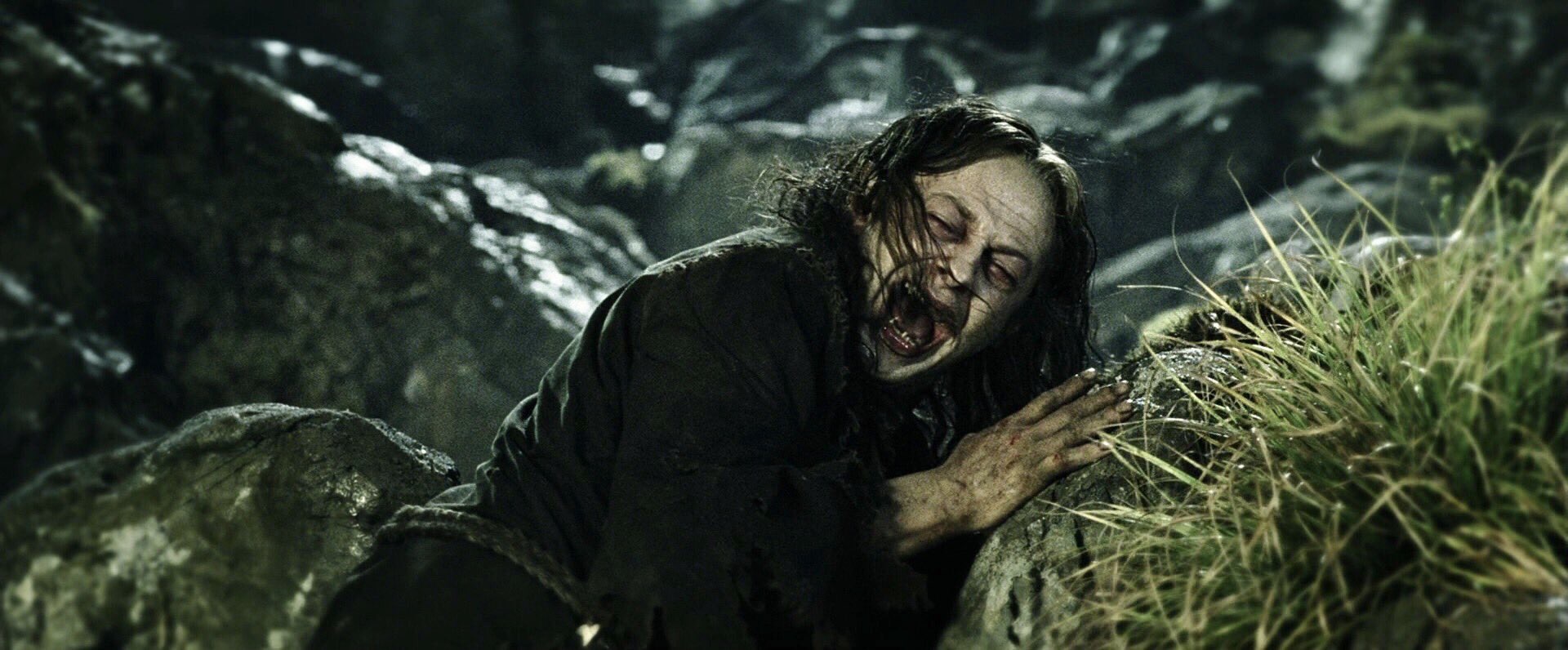
Now here comes the bit that may cause a few Tweets of consternation from fans… I don’t like Return of the King as much as the first two films. Now don’t get me wrong, and as I’ve made clear above, The Return of the King really is an astonishing film but for me it is the one film out of the three that has some flaws. Before I outline them I must make it clear that for the majority of filmgoers these flaws won’t even factor in a way that will diminish their enjoyment of the film and I’m not trying to change anyone’s opinion of it but as I’ve made clear in my writing, these are MY personal observations and opinions. I don’t want to upset fans by nit-picking and whilst I hold that it does seem that picking flaws with these films is like comparing three equally great 5 star restaurants against each other, I did promise some criticism at the beginning of my review of Fellowship and these flaws with the third film do bother me a little.
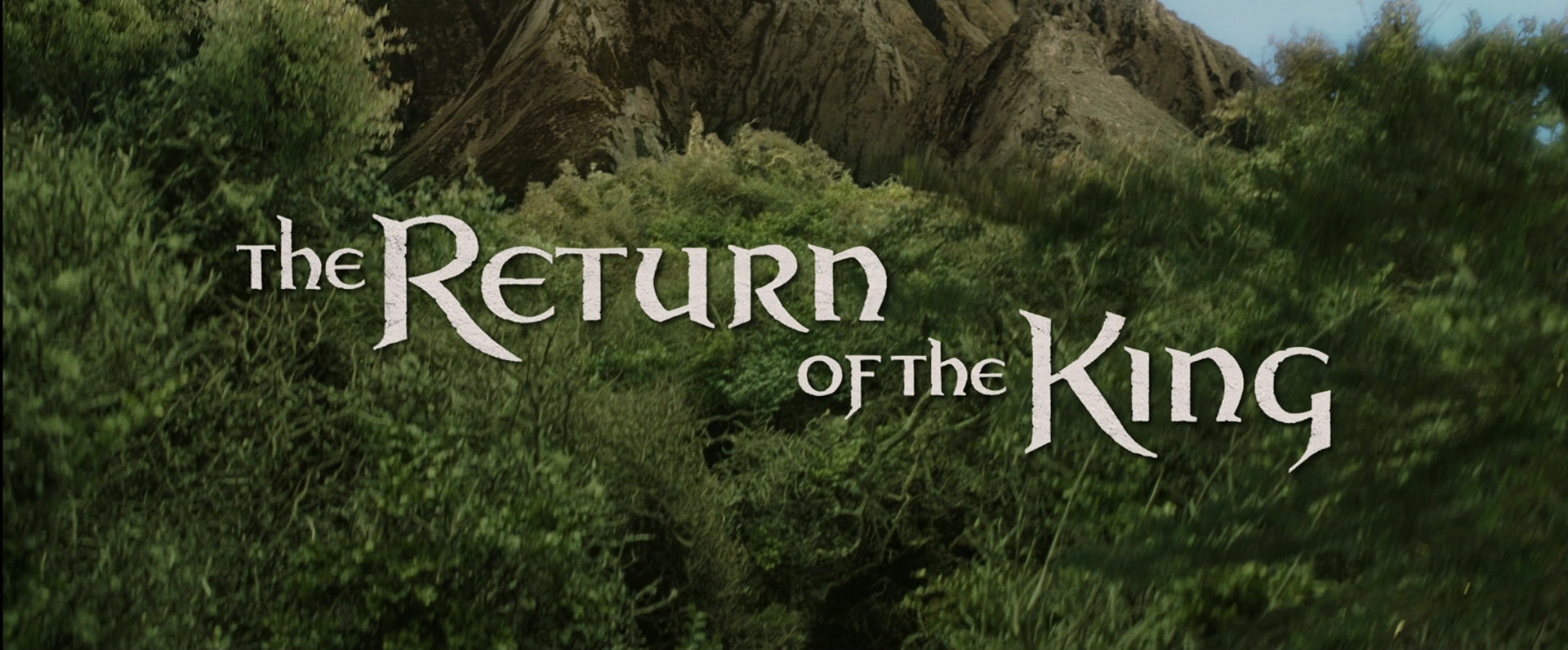
All three of these retrospective pieces on The Lord of the Rings are in reference to the Extended Editions as I believe that they are the complete versions of the films and considerably better than the theatrical versions. Peter Jackson has said that the theatrical releases are his preferred cuts and that’s entirely up to him but I simply don’t believe he’s being honest and is trying to give the theatrical cuts some degree of sustainable relevance now that we have the extended films which are far more complete and actually flow better even though they’re longer.
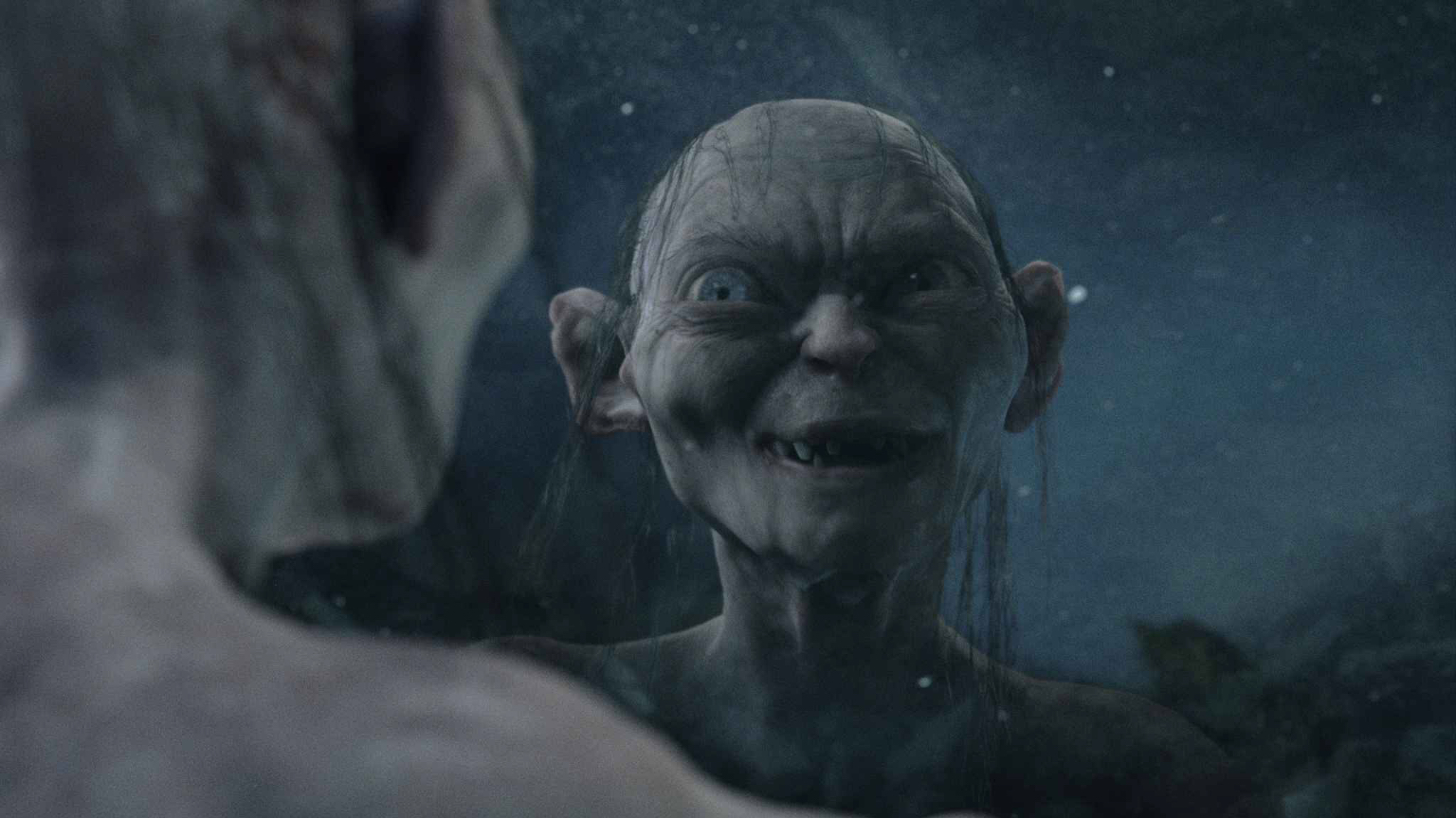 There are additions to the first two films that deeply enrich the overall narrative but don’t damage it too much when removed. When analysing the third film in its extended form there is one early addition that caused outright uproar when it was first cut from the theatrical version and that was the true fate of Saruman. Peter Jackson made it clear in December 2003 that Gandalf, Theoden and Co.’s showdown with Saruman at Orthanc was cut for pacing reasons and because of the already non-cinema friendly run-time of the theatrical version. But it was not a popular decision as it paid short shrift to a character that had been the main and most visible antagonist in the story up to this point, certainly so in The Two Towers. It also seemed somewhat disrespectful to Sir Christopher Lee to cut him out as he had given so much in the first two films. The Extended Edition rectifies this decision and for me makes the theatrical version somewhat redundant.
There are additions to the first two films that deeply enrich the overall narrative but don’t damage it too much when removed. When analysing the third film in its extended form there is one early addition that caused outright uproar when it was first cut from the theatrical version and that was the true fate of Saruman. Peter Jackson made it clear in December 2003 that Gandalf, Theoden and Co.’s showdown with Saruman at Orthanc was cut for pacing reasons and because of the already non-cinema friendly run-time of the theatrical version. But it was not a popular decision as it paid short shrift to a character that had been the main and most visible antagonist in the story up to this point, certainly so in The Two Towers. It also seemed somewhat disrespectful to Sir Christopher Lee to cut him out as he had given so much in the first two films. The Extended Edition rectifies this decision and for me makes the theatrical version somewhat redundant.
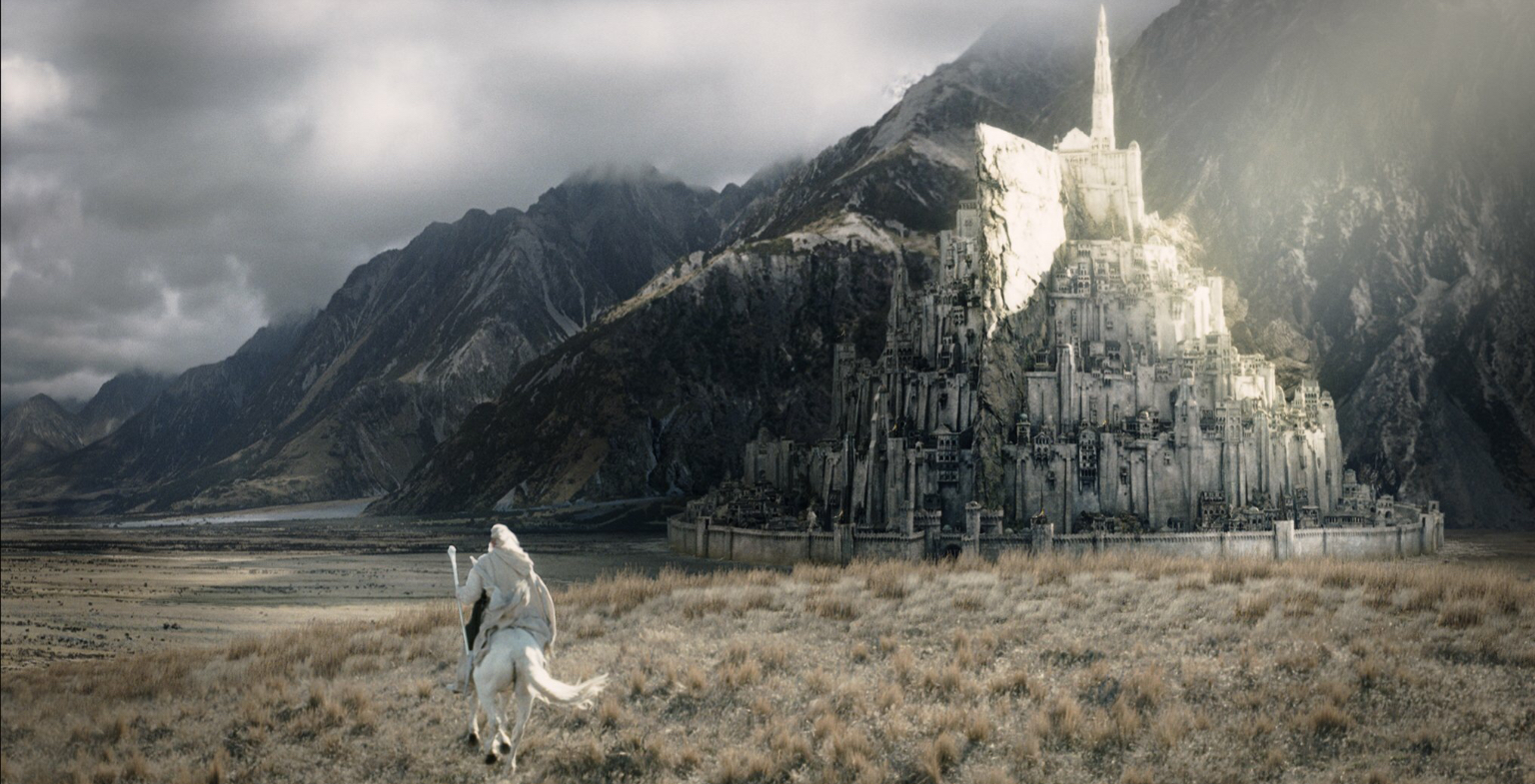 My main issue with the third film is one that is present in both cuts but is somewhat accentuated in the Extended Edition and it’s the ultimately cheap pay-off to the film’s huge centrepiece battle at Pelennor Fields. The Battle of Helm’s Deep in the previous film, whilst smaller in scale, had a real dramatic tension to it. The same can be said of Pelennor Fields as things start to look utterly hopeless, that is until Aragorn, Legolas and Gimli arrive with an invincible Army of the Dead who simply wipe out Sauron’s forces with ease. This whole premise seems to have been written as an easy solution to an insurmountable situation. Where Jackson could have addressed it in the film is if it hadn’t seemed so last minute in its inception. If the opening prologue in the first film had shown the King (who would later become the King of the Dead) refusing to assist the Last Alliance in their first encounter with Sauron and then being cursed by Isildur to remain in ghostly limbo until the debt is repaid then it would have been a superb payoff in the third film. Alas, having never been mentioned until it becomes wholly convenient to the plot, it smacks of lazy writing on Jackson’s part. So, I’m not a fan of the implementation of the Army of the Dead into the story and what makes it worse is that there are some new and extended scenes of Aragorn’s encounter with them which feel wholly unnecessary, the only scenes in the Extended Editions that I feel need not have been put back in. I feel that this flaw is overlooked by most people due to how spectacular mostly every other aspect of the film is. It is however, a flaw bigger than any in the first two films and robs the film of a degree of dramatic heft and for me makes The Return of the King my least favourite of the three films.
My main issue with the third film is one that is present in both cuts but is somewhat accentuated in the Extended Edition and it’s the ultimately cheap pay-off to the film’s huge centrepiece battle at Pelennor Fields. The Battle of Helm’s Deep in the previous film, whilst smaller in scale, had a real dramatic tension to it. The same can be said of Pelennor Fields as things start to look utterly hopeless, that is until Aragorn, Legolas and Gimli arrive with an invincible Army of the Dead who simply wipe out Sauron’s forces with ease. This whole premise seems to have been written as an easy solution to an insurmountable situation. Where Jackson could have addressed it in the film is if it hadn’t seemed so last minute in its inception. If the opening prologue in the first film had shown the King (who would later become the King of the Dead) refusing to assist the Last Alliance in their first encounter with Sauron and then being cursed by Isildur to remain in ghostly limbo until the debt is repaid then it would have been a superb payoff in the third film. Alas, having never been mentioned until it becomes wholly convenient to the plot, it smacks of lazy writing on Jackson’s part. So, I’m not a fan of the implementation of the Army of the Dead into the story and what makes it worse is that there are some new and extended scenes of Aragorn’s encounter with them which feel wholly unnecessary, the only scenes in the Extended Editions that I feel need not have been put back in. I feel that this flaw is overlooked by most people due to how spectacular mostly every other aspect of the film is. It is however, a flaw bigger than any in the first two films and robs the film of a degree of dramatic heft and for me makes The Return of the King my least favourite of the three films.
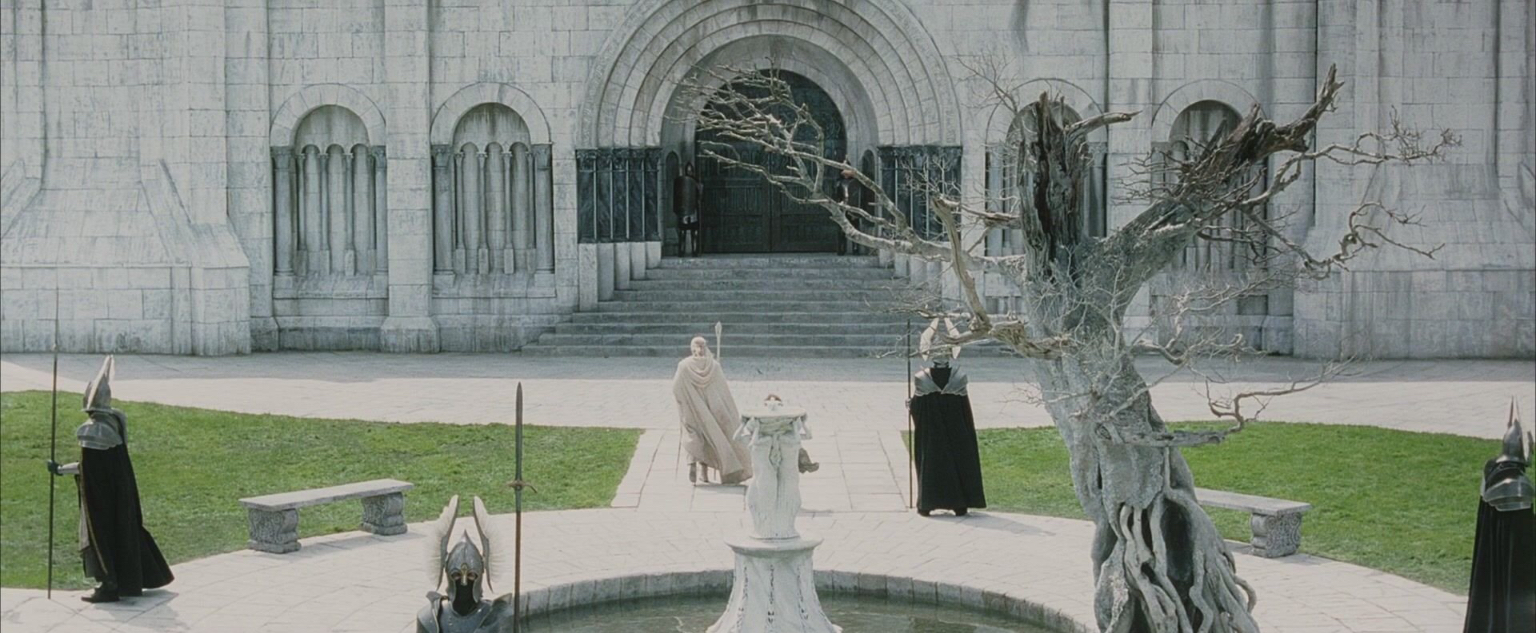
I very much liked the portrayal of Faramir in the second film but in Return of the King his story arc irks me in places due in most part to the character of his father, Denethor played by John Noble. Noble’s brief appearance in the extended cut of The Two Towers was very effective but I feel that in the third film he is prone to a lot of melodramatic overacting which pulls me out of the film. Also Jackson failed to point out adequately the reason why Denethor was as mad as he was. In the books it is told that Denethor was in possession of one of the Palantir, the same seeing stones that allowed Sauron to exert his influence upon Saruman who also possessed one. This important detail would have been easy to write into the script and its omission baffles me. I wouldn’t buy Faramir’s pointless sacrifice for a father that clearly isn’t worthy of his love if it weren’t for the fact that it is clearly analogous to the same pointless sacrifices that Tolkien saw countless young men making in WWI as they ran from the safety of the trenches into certain death. Again, credit to the author for using a fantasy novel to comment on real world events that were important to him.
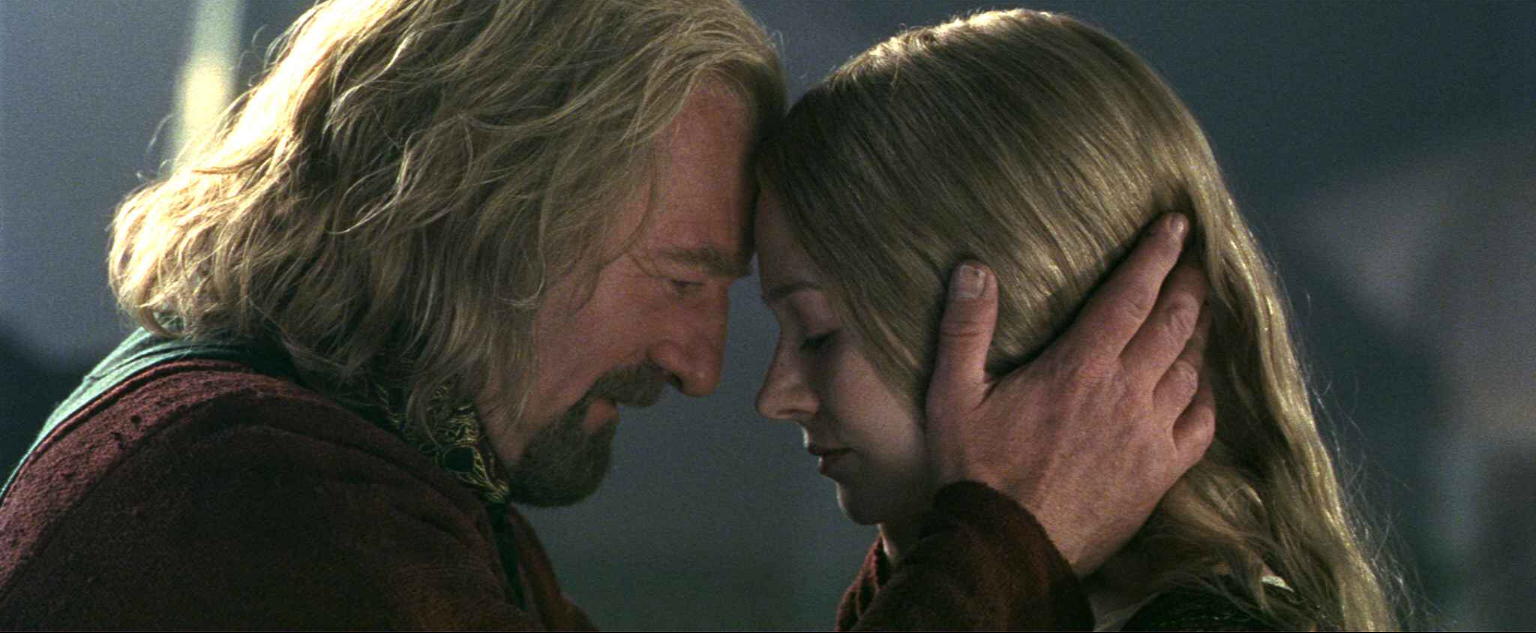 There are a few points in the film where some of the performances seem a little wooden and the line delivery a little strained in comparison to the standards maintained throughout the previous two films. So there are a few admittedly small gripes that I have with it but like I said above, these issues likely won’t hamper anyone’s enjoyment of the film and are probably just minor issues that irk me personally. After all it’s over four hours long so is able to balance any such flaws with an embarrassment of riches elsewhere. If it weren’t for these flaws it might be vying for the title of greatest film ever made as opposed to just being deemed slightly less perfect than its two predecessors and that’s my excuse for not docking it any stars and I’m happy with that. It really is an incredible film, epic in scope like no other I’ve ever seen.
There are a few points in the film where some of the performances seem a little wooden and the line delivery a little strained in comparison to the standards maintained throughout the previous two films. So there are a few admittedly small gripes that I have with it but like I said above, these issues likely won’t hamper anyone’s enjoyment of the film and are probably just minor issues that irk me personally. After all it’s over four hours long so is able to balance any such flaws with an embarrassment of riches elsewhere. If it weren’t for these flaws it might be vying for the title of greatest film ever made as opposed to just being deemed slightly less perfect than its two predecessors and that’s my excuse for not docking it any stars and I’m happy with that. It really is an incredible film, epic in scope like no other I’ve ever seen.
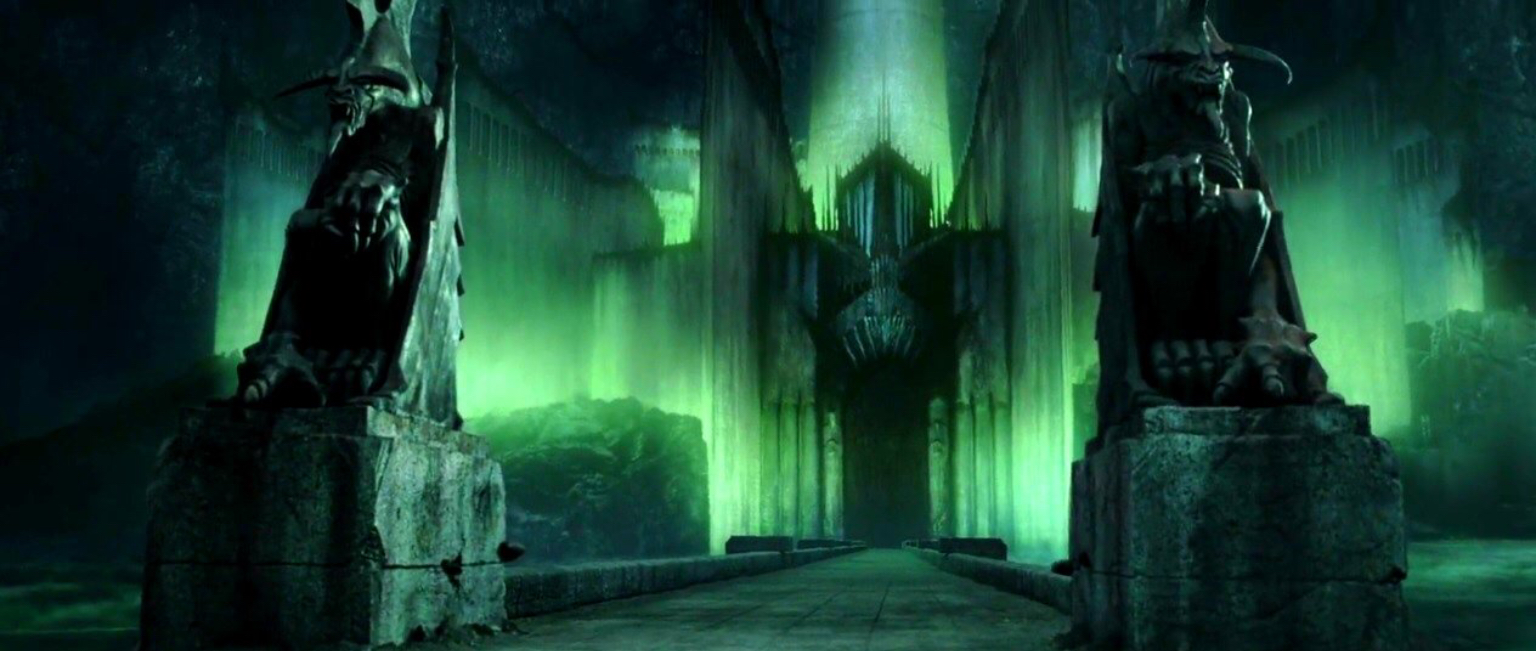
The Battle of Pelennor Fields, other than the cheap payoff, is a spectacular thing to behold as is the journey of our two Hobbits, Frodo and Sam as they are led through the hellish Mordor by the treacherous Gollum. The Two Towers made us really feel for Smeagol, Gollum’s supposedly true and good side but by the third film we gradually see that what little trust he had in others has been stripped away. Gollum is the side of his personality that the evil power of The One Ring helped nurture over the 500 year period he possessed it (or it him). The real kicker comes at the summit of Mount Doom where we see that the real fiend is Smeagol. Gollum is as ruthless and cunning as he is in order to protect the seemingly weaker Smeagol but in truth Smeagol is driven by an even purer greed, desire and outright addiction for the One Ring and it is ultimately him and not Gollum that betrays Frodo. It’s made even more clear in the Extended Edition with his line, “Smeagol lied!” This is a superb twist of the knife and gives an already unforgettable character even greater depth.
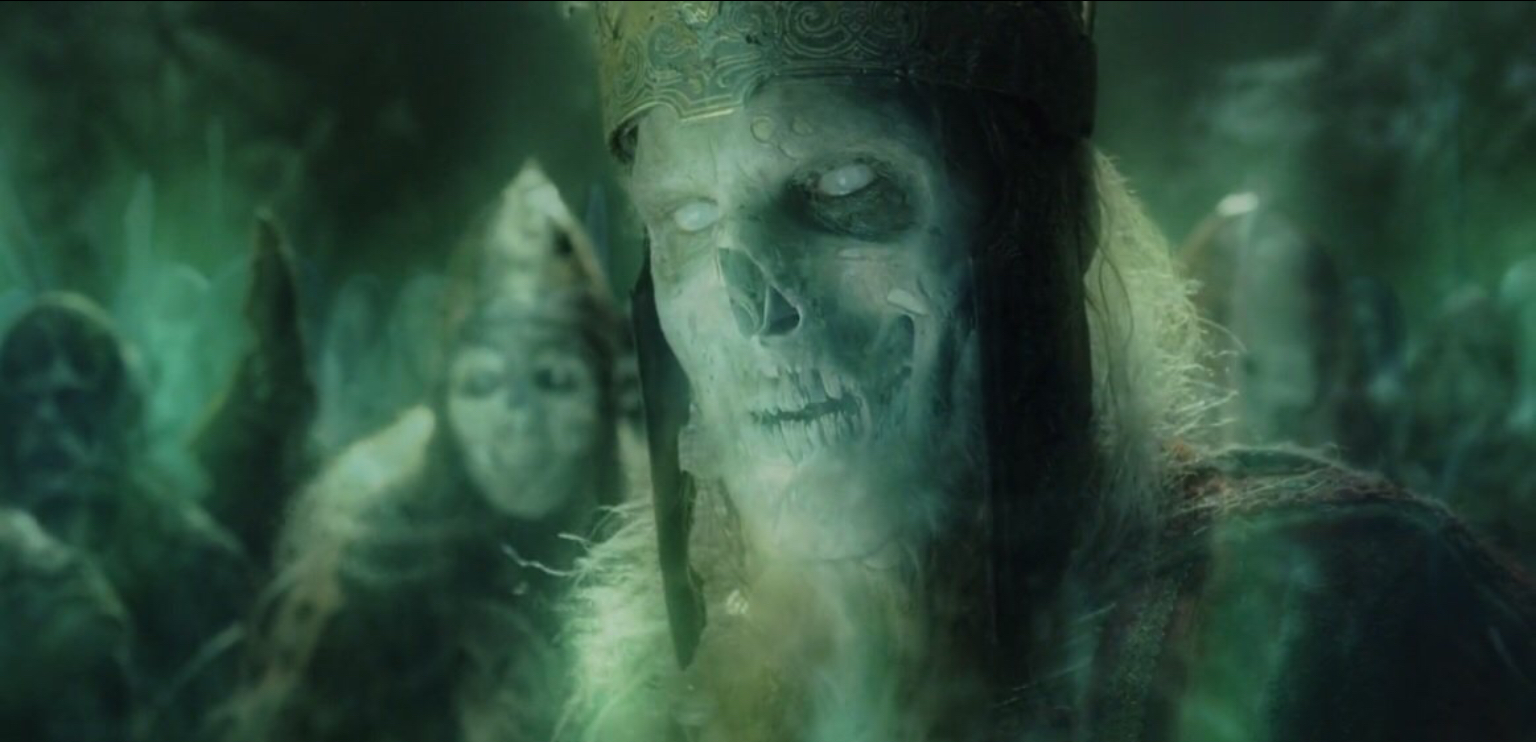
The other kicker comes at The Crack of Doom where instead of carrying out his task and destroying The One Ring, Frodo instead turns on Sam and refuses to throw the ring in, claiming it as his own just as Isildur did on that very spot in front of Elrond 3000 years previously. This comes as a devastating denouement but plays exactly as it should. We are told in Fellowship that no one can ultimately resist the power of The One Ring. Boromir, later driven near madness by the Ring tells Frodo himself that he will betray them and take the Ring to it’s master. When it finally happens it’s a brilliant twist as until now we’ve see him resist the Ring’s power more than anyone. What saves the day is not some clichéd heroic last minute act but the greed of fellow ring bearer Smeagol who attacks Frodo, biting off the Ring and Frodo’s finger and sees him finally claiming back his precious. His sheer elation is admittedly very satisfying to behold and for the first time we see him stand on two feet instead of all fours. Frodo fights back and pushes Gollum off the edge and to his and the Ring’s fiery demise.
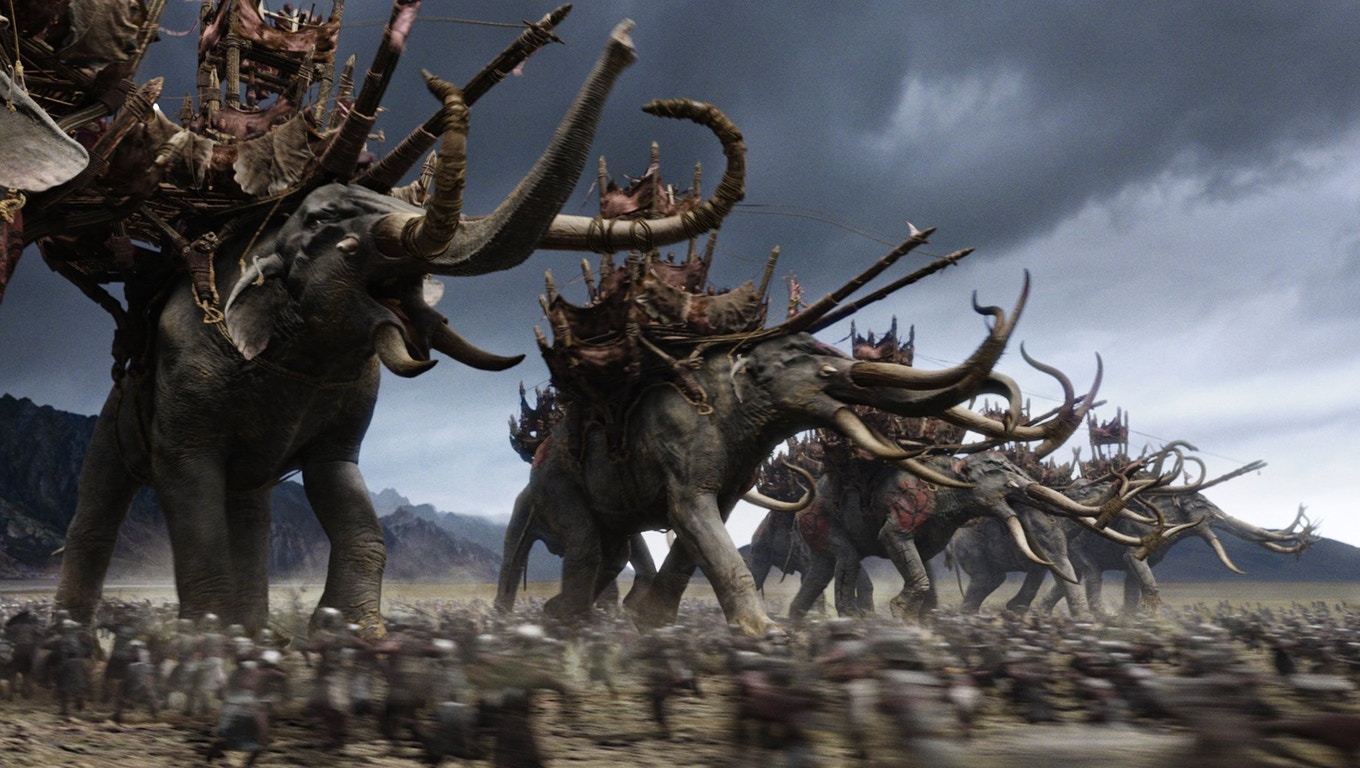
What follows is the main ‘flaw’ that critics of The Return of the King have highlighted and that is the ‘multiple endings’ but here I have always defended this aspect of the film and will continue to do so. These three films as a whole are over 9 or 11 hours long depending on whether you’re watching the theatrical or extended cuts and you can’t properly bring this colossal saga to a satisfactory close in just a few scenes. I feel that the ending(s) are as they should be and anything less would have left too many plot threads unresolved and would have failed to pay service to the audience who have invested so much time in this story. Yes, it did make the theatrical viewings butt-numbingly uncomfortable, but from that point onwards the film would be viewed at home with the option to pause it or watch it in segments and therefore for me, it isn’t a flaw of the overall narrative.
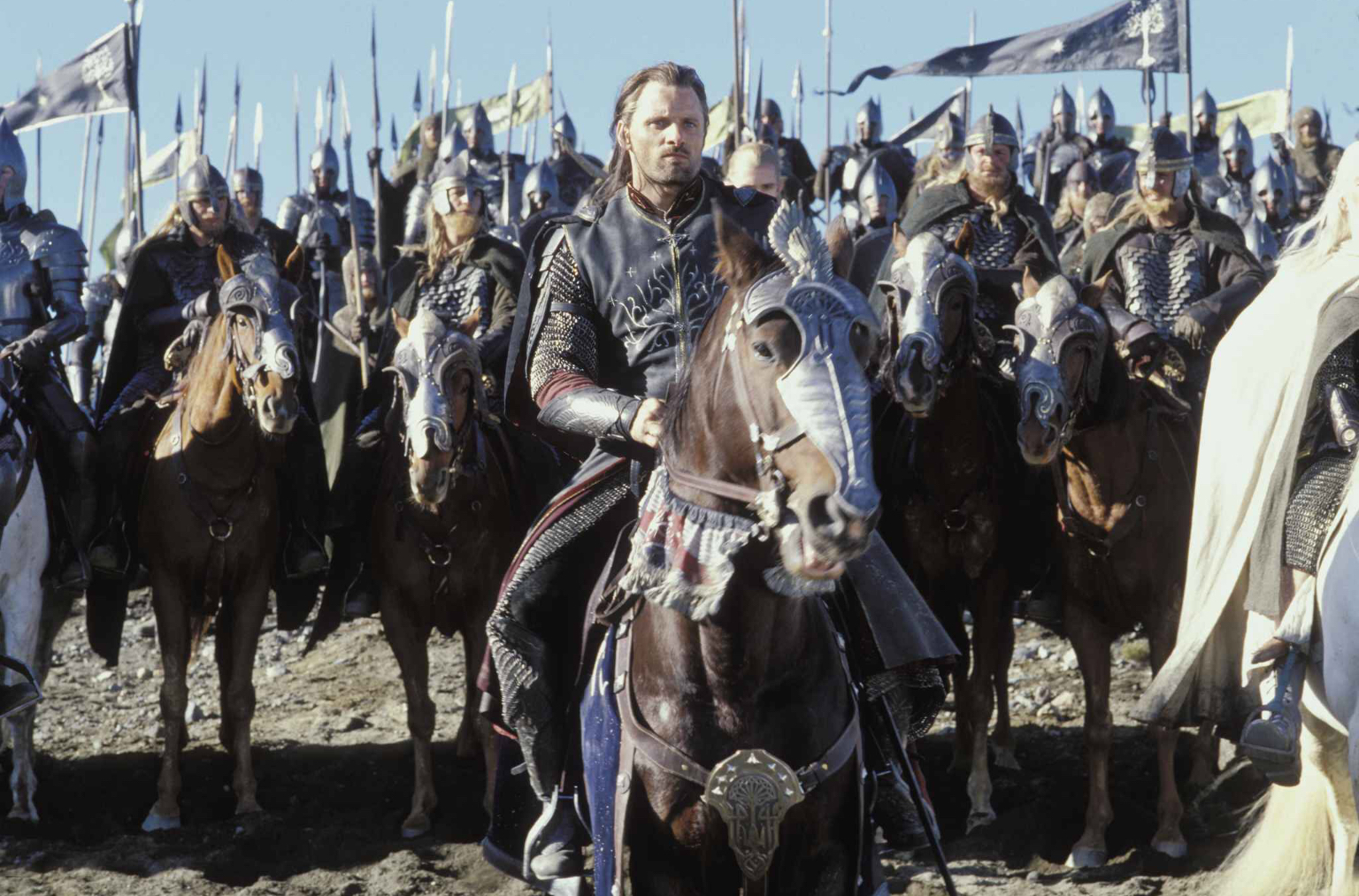 And speaking of the ending, it’s one of the most emotionally gut-wrenching finales I’ve seen in a film. We see Frodo return to the Shire but as he tells us in voice-over, he can’t readjust to his previous life before he became bearer of The One Ring which very nearly took him. The scars he carries, both physical and emotional are just too great and he must eventually travel to the Grey Havens with Galdalf and the elves who are now departing Middle Earth. This is another clear analogy of Tolkien’s experiences in WWI and how the horrors of war will irrevocably change a person. Frodo was young and innocent and through nothing more than a sense of duty for the greater good he was thrust into a conflict that would cost him and others like him dearly. A fantasy film on the surface but underneath it’s a lament on the folly of war. Very deep stuff indeed.
And speaking of the ending, it’s one of the most emotionally gut-wrenching finales I’ve seen in a film. We see Frodo return to the Shire but as he tells us in voice-over, he can’t readjust to his previous life before he became bearer of The One Ring which very nearly took him. The scars he carries, both physical and emotional are just too great and he must eventually travel to the Grey Havens with Galdalf and the elves who are now departing Middle Earth. This is another clear analogy of Tolkien’s experiences in WWI and how the horrors of war will irrevocably change a person. Frodo was young and innocent and through nothing more than a sense of duty for the greater good he was thrust into a conflict that would cost him and others like him dearly. A fantasy film on the surface but underneath it’s a lament on the folly of war. Very deep stuff indeed.
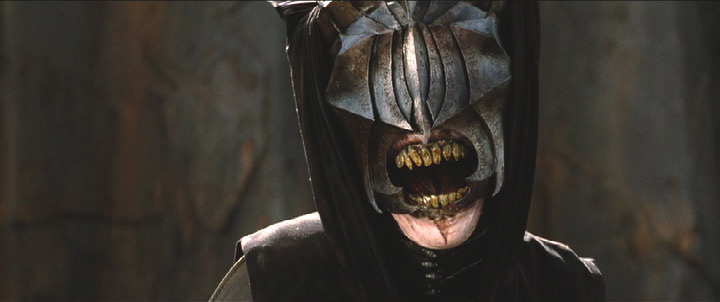
So some minor criticism (and they really are just personal nitpicks), but ultimately a great deal of praise for a staggeringly good film that was very much worthy of its success and more than adequately capped a phenomenal trilogy of films. It’s just a shame that the Academy gave all the focus of its praise to the third film as for me the first two are easily as good. Did The Return of the King deserve to win 11 Oscars and the first two films only 6 between them? Absolutely not and it smacks of a token gesture of appreciation for Jackson’s work on the trilogy as a whole. If the Academy had been more even in their praise then there would have been at least a few more Oscar wins for the other two films but I suppose we should be grateful that it won as many Oscars as it did being both a sequel and a fantasy film, two types of film usually shunned by the Academy.
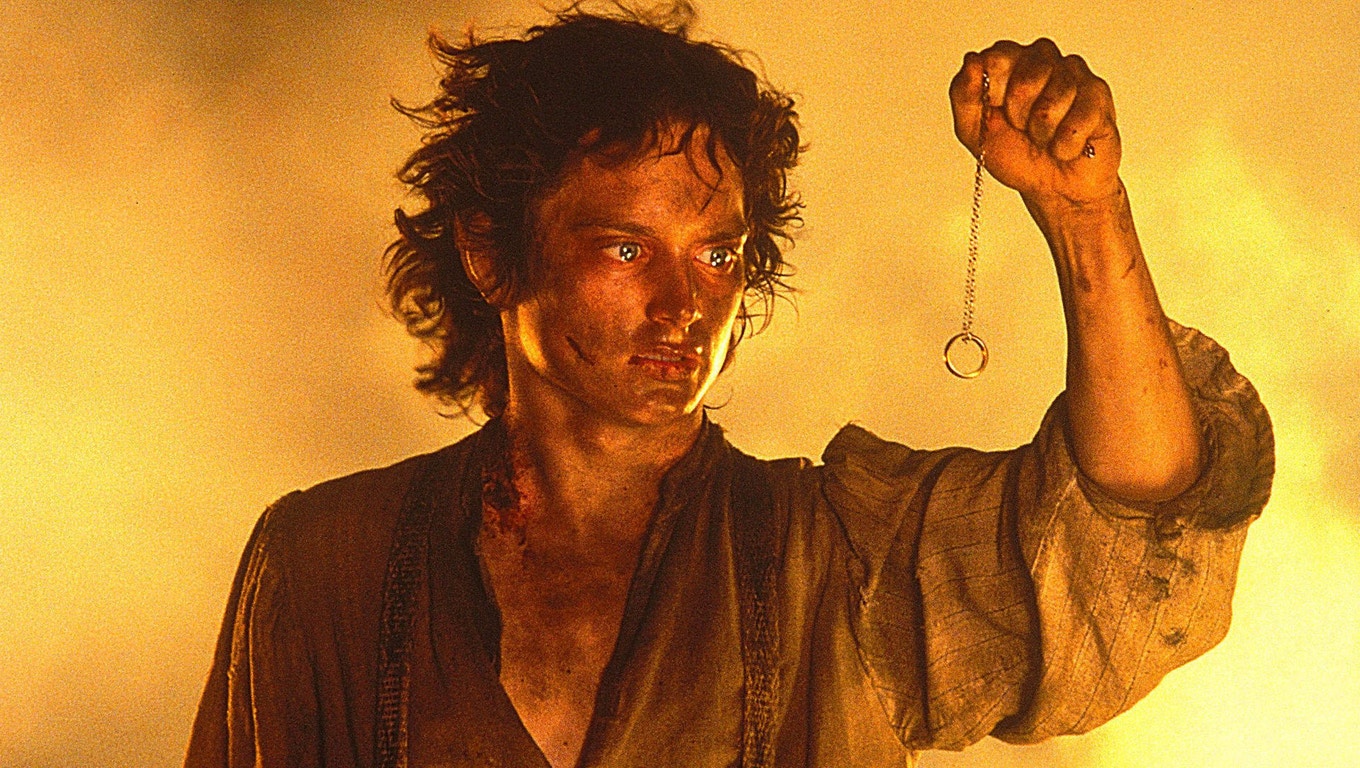
And so I bring this lengthy reappraisal of what I feel is the greatest of all film trilogies to a close. If you’ve stuck with me then I thank you. If my musings upon them have compelled you to re-watch them, reconsider your opinion of them or watch them for the first time then I’ve done what I set out to achieve. Either way I feel that time will not diminish these films much as the book has endured for well over 60 years. The fact that Peter Jackson was able to create such a staggering feat on such a relatively modest budget is a one off for sure. He was able to take timely advantage of the fledgling film industry in his native New Zealand and the economies of production and scale (as well as the stunning locations) that shooting there provided at that time. This seems to have been proven by the fact that the subsequent Hobbit trilogy, whilst still a strong commercial success, cost far more to make and the end results left the majority of fans of The Lord of the Rings somewhat disappointed. But that’s a story for another time.
Film ‘89 Verdict – 10/10
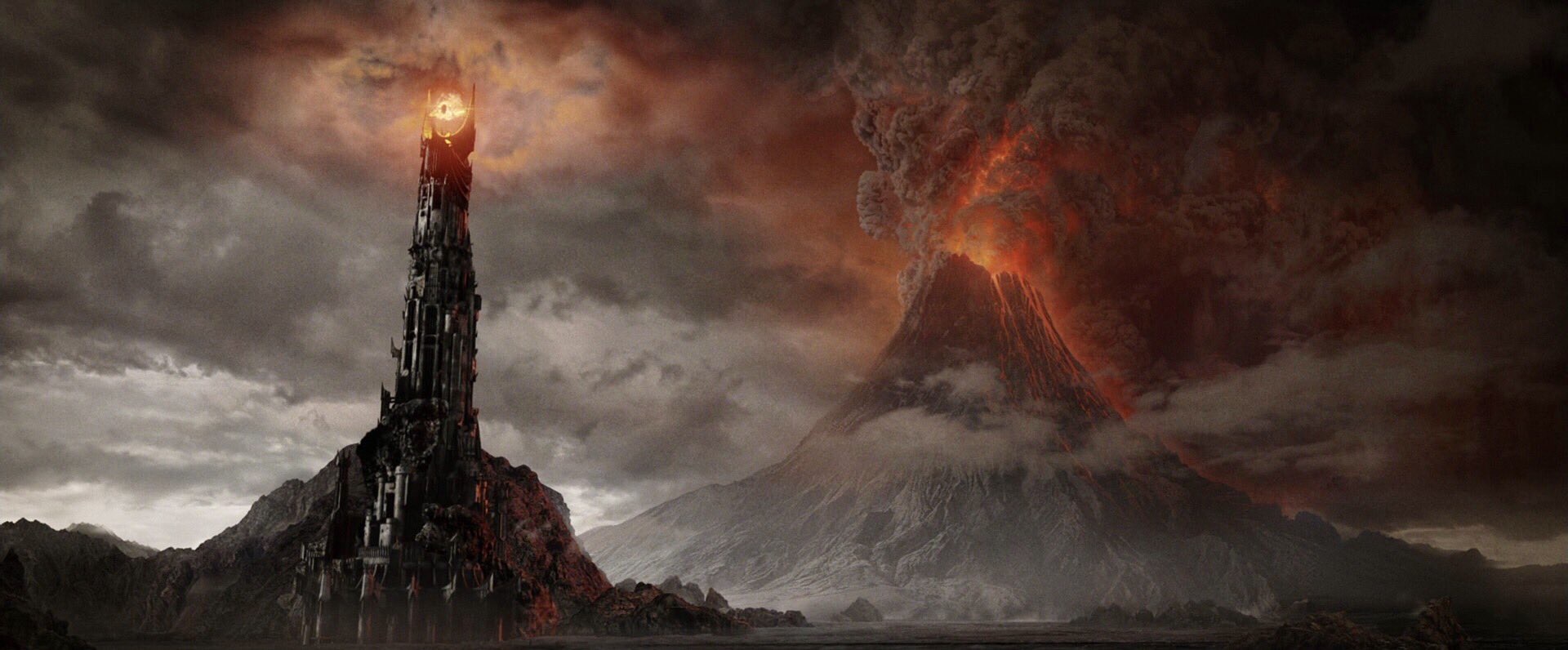
So, going back to the initial trigger for this three article retrospective of Peter Jackson’s trilogy, the news that Amazon are looking to turn Tolkien’s most famous work into a television series. My initial reaction was one of abject disdain. The fact that less than two decades on we may get another interpretation of The Lord of the Rings baffles me. As I discussed in my article about Hollywood’s obsession with remaking beloved properties, it really does seem that the movie industry is running out of ideas and if this news is a sign of things to come then maybe it’s a problem that’s seeping into the medium of television too. After all, in recent years and with the rise of the likes of Netflix, there are now several big companies competing for our attention and subscriptions. Television has become a far more daring and creative medium than film and I still hope that Amazon see sense but money talks and as both of Jackson’s trilogies proved, there’s big money to be made here. Whatever happens, if Amazon are brave (or should that be brazen) enough to go ahead with this then they have a truly monumental task ahead of themselves if they hope to come even close to matching what is without doubt one of the greatest sagas ever committed to film.
The End… For now.

